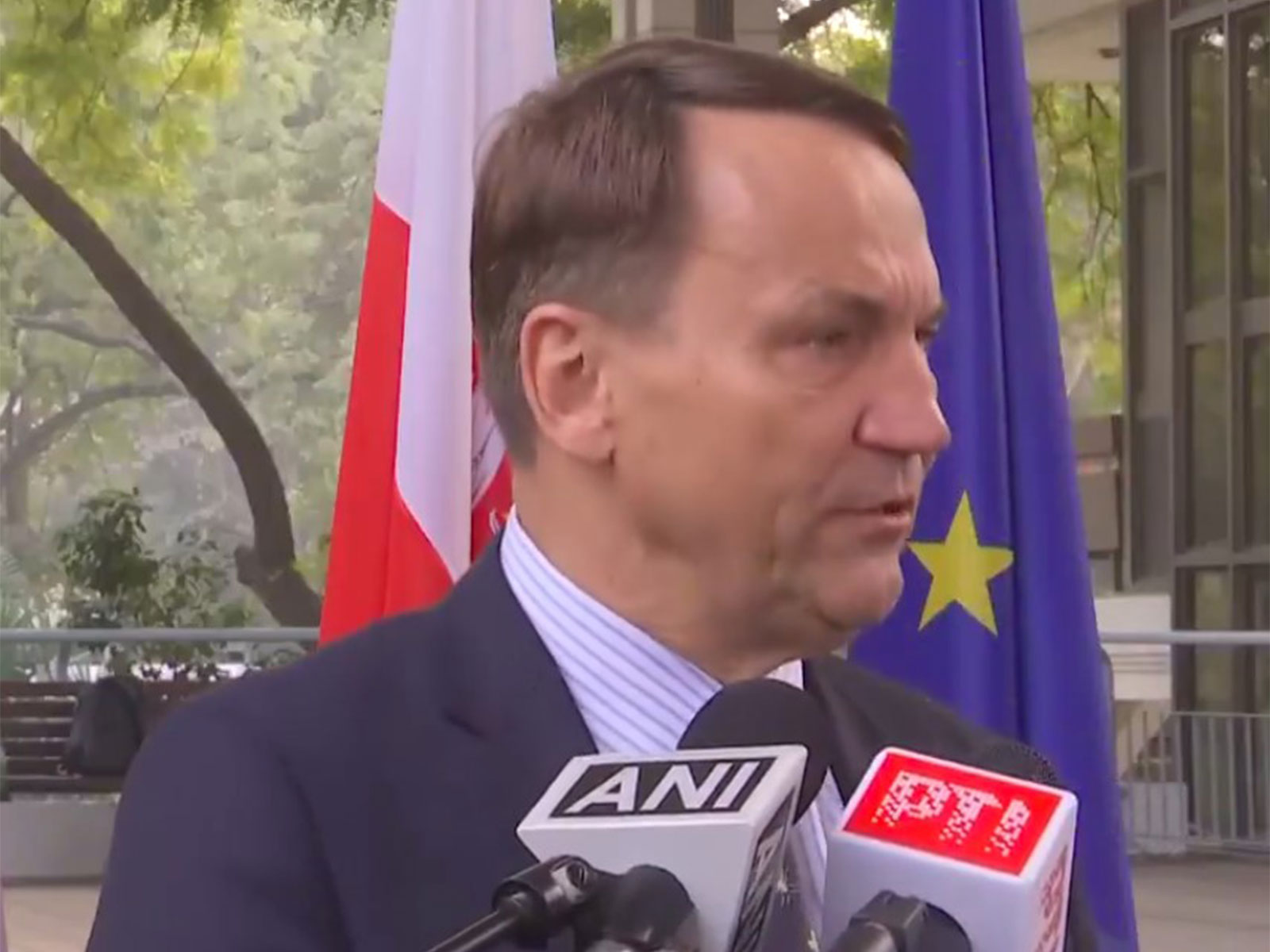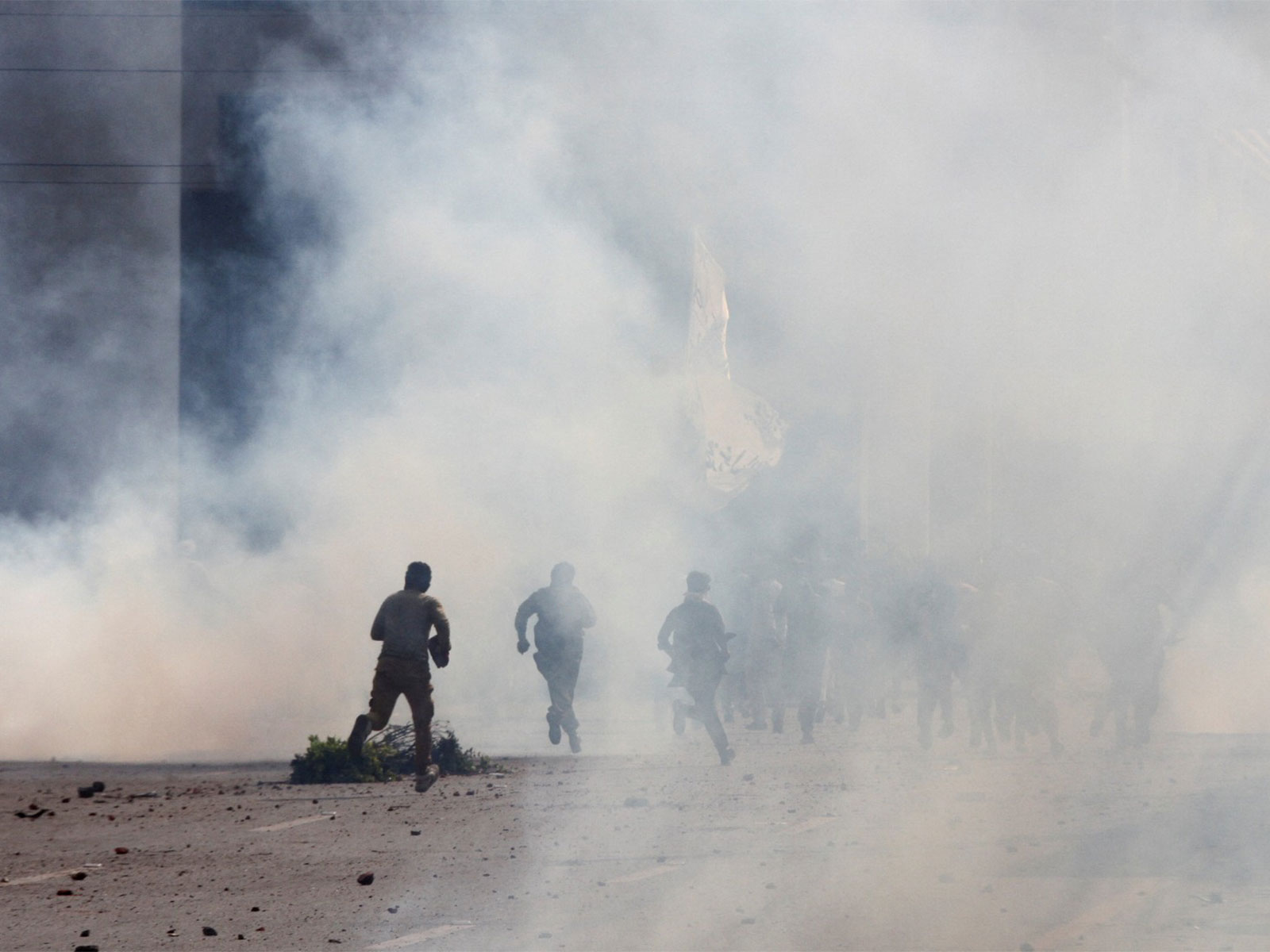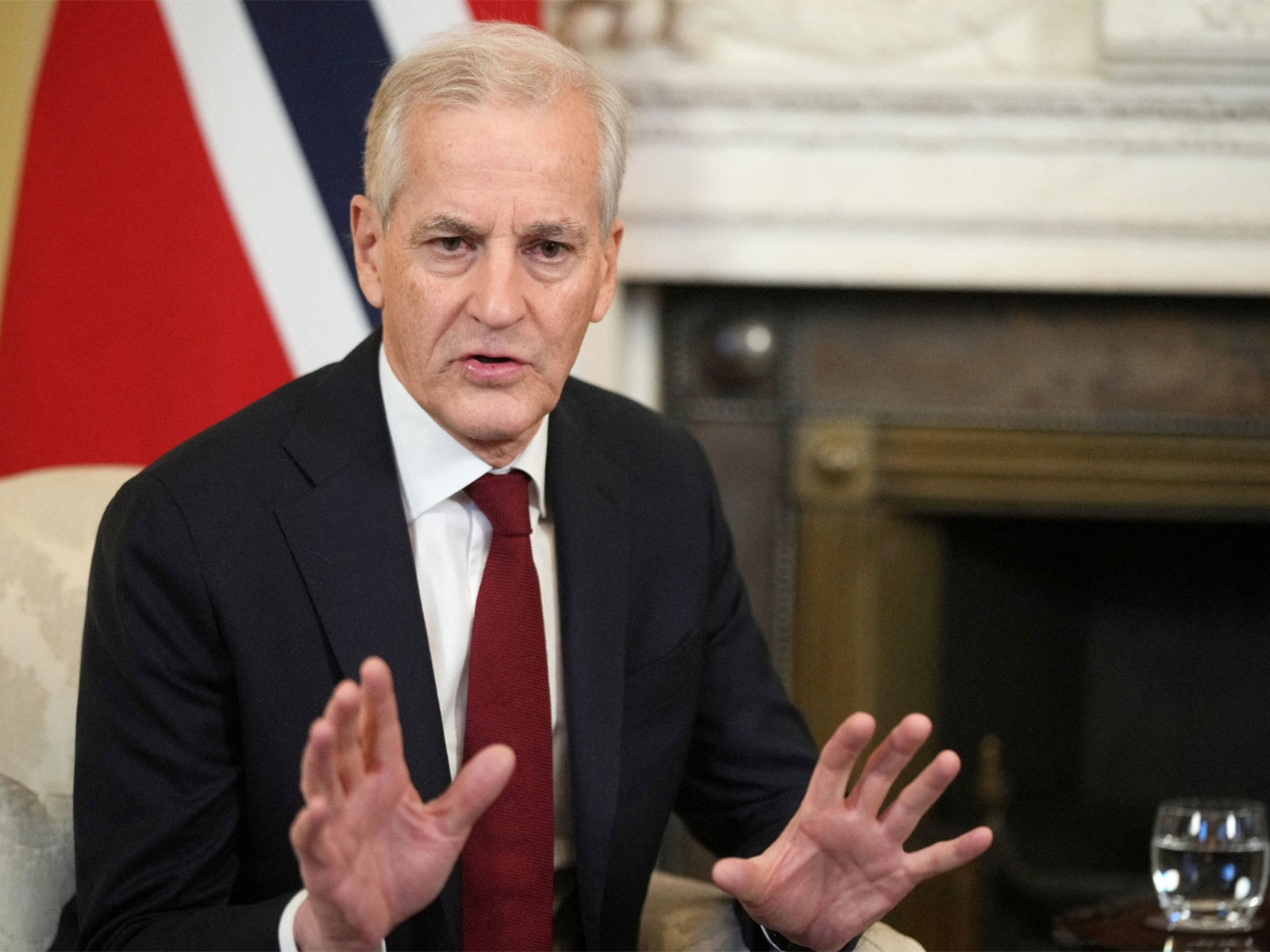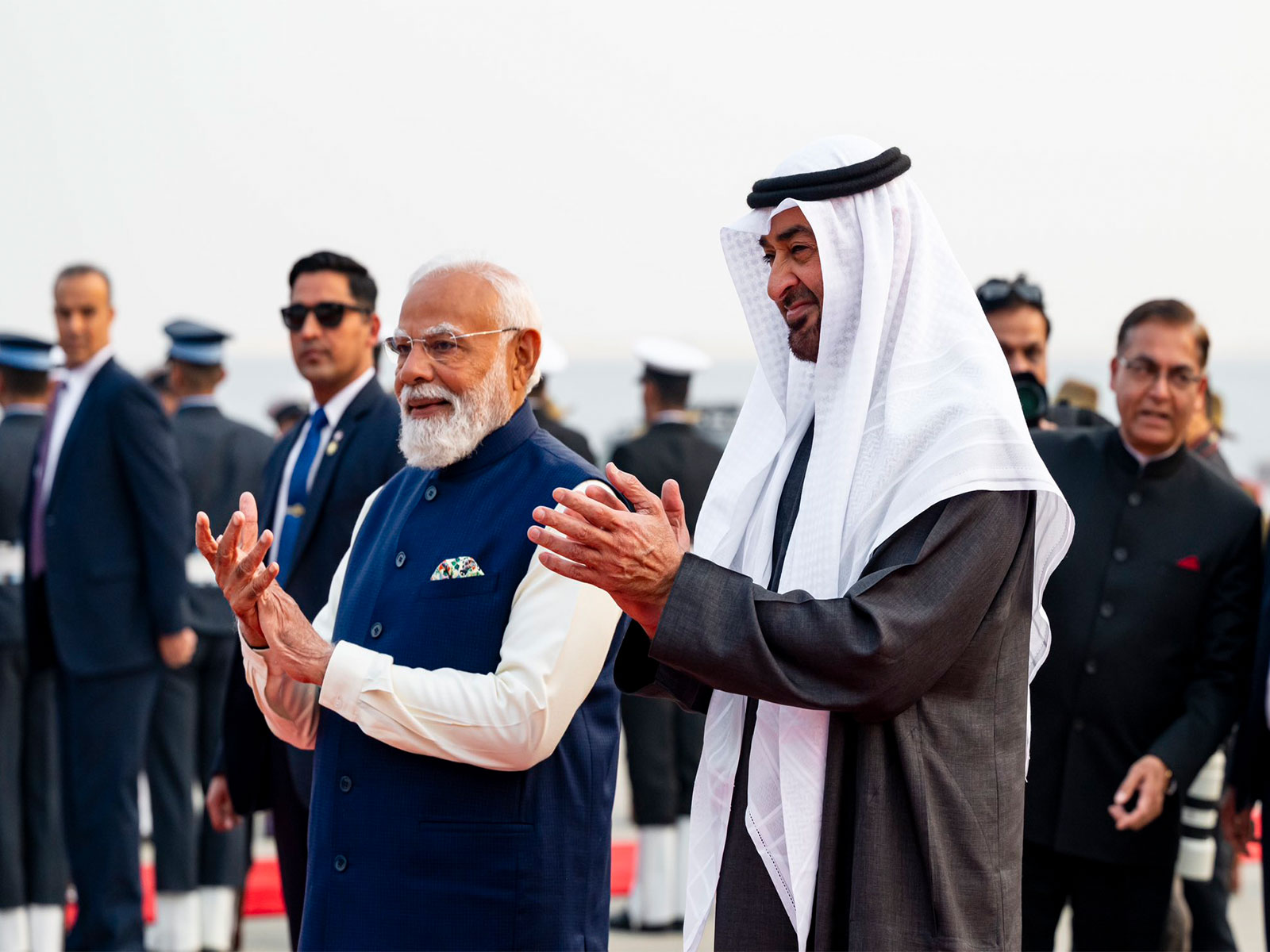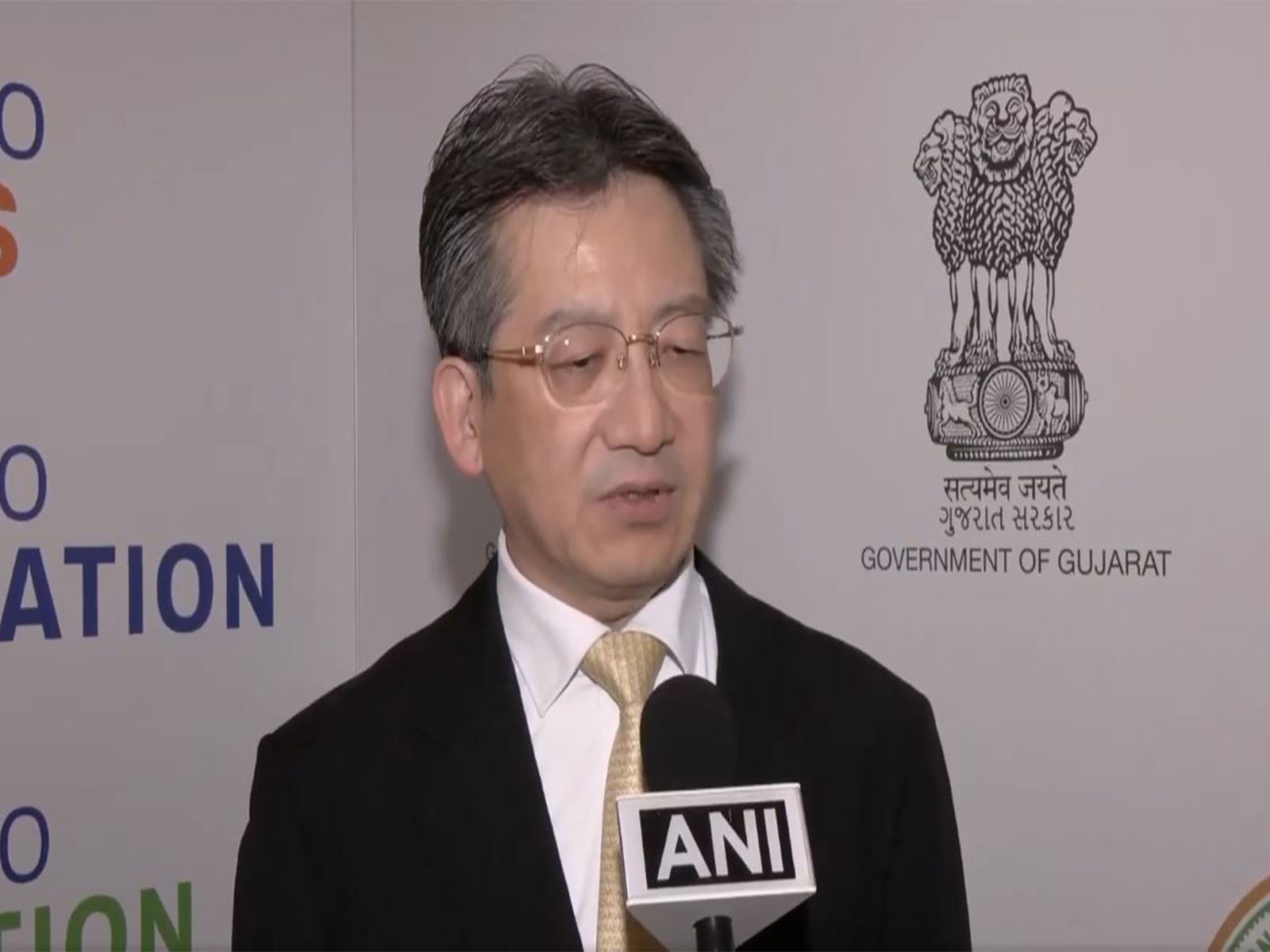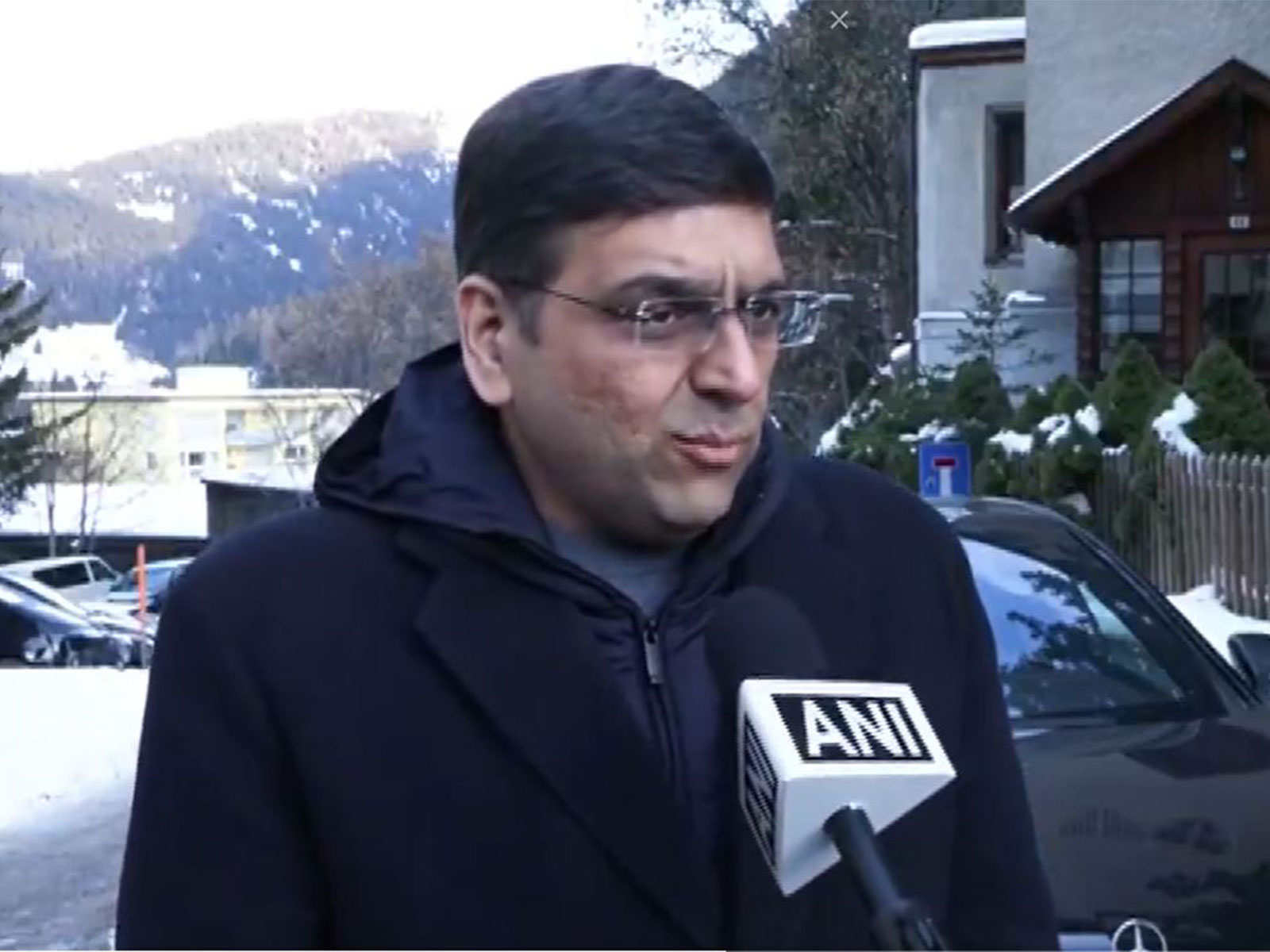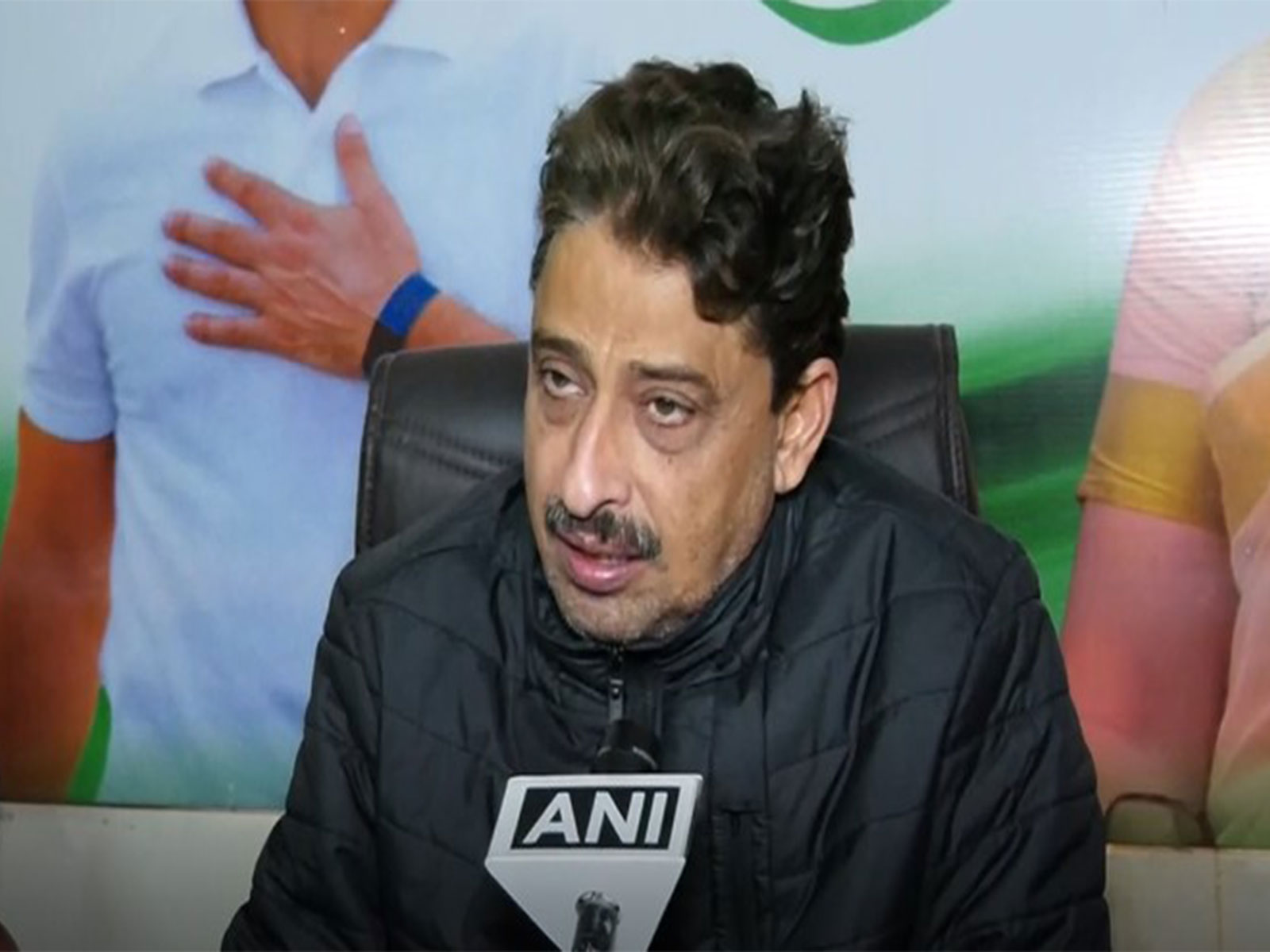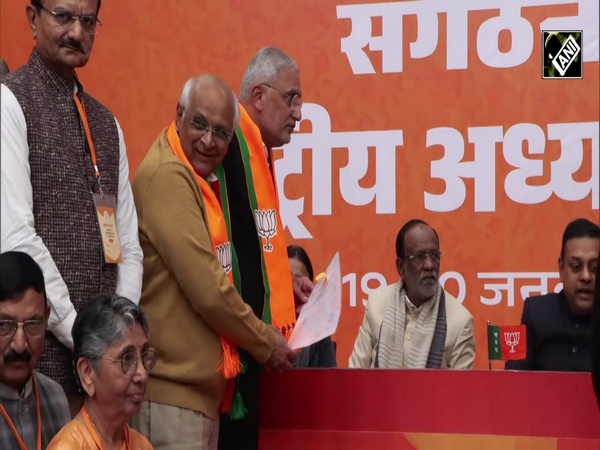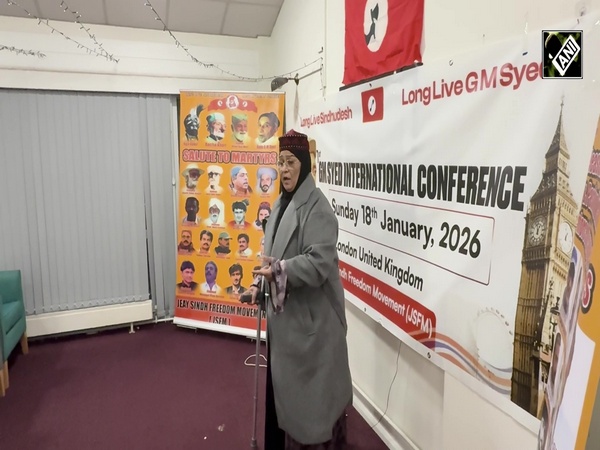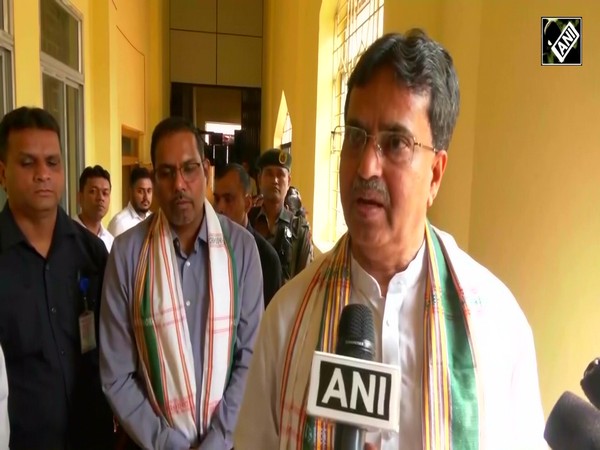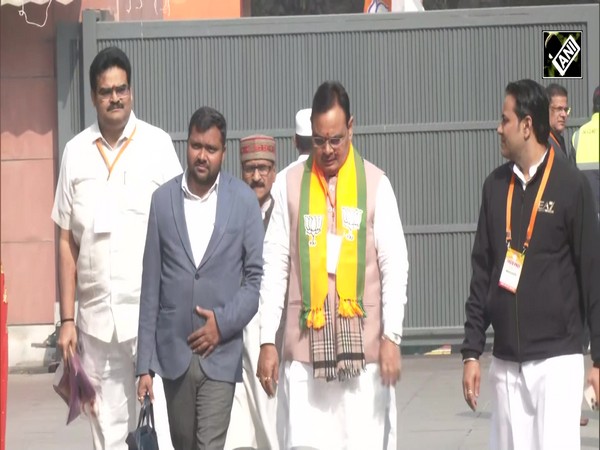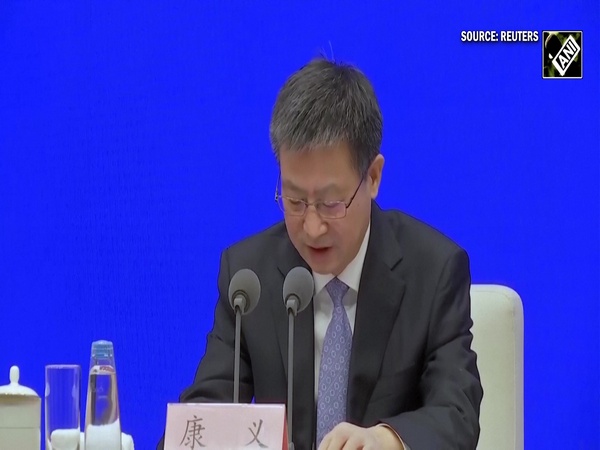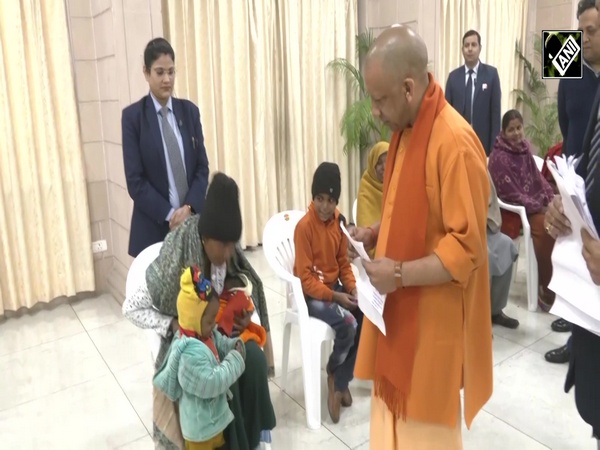US squandered opportunity to beat back coronavirus by not using masks: Experts
Jul 30, 2020

Washington [US], July 30 : The United States has squandered one of the best opportunities to beat back coronavirus by not resorting to face covering to prevent the spread of infection, believe experts.
The mask is the simplest and among the most effective weapons against the coronavirus in the public health arsenal.
Yet from the start, America's relationship with face coverings has been deeply fraught, Washington Post reported.
"Some countries took out their masks as soon as this happened," said Monica Gandhi, an infectious-disease specialist from the University of California at San Francisco, "and their rates of death are very low."
Gandhi is of the view that the US coronavirus response has been full of missteps and unforced errors delayed acceptance of universal masking.
According to the Washington Post, the country hit a tipping point on widespread mask use only this month with a majority of states and the nation's largest retailers all mandating them.
Anthony S. Fauci, the nation's top infectious-disease expert, had repeatedly told Americans "there is no reason" for anyone in the United States to wear a mask in the beginning of the outbreak. U.S. Surgeon General Jerome Adams tweeted on February 29: "Seriously people- STOP BUYING MASKS!"
Many experts supported the anti-mask guidance, arguing they were not sure that face-covering would make a significant difference.
But some like George Gao, the director-general of the Chinese Center for Disease Control and Prevention, warned that the United States was making a "big mistake" by not mandating masks.
Zeynep Tufekci, an information science professor at the University of North Carolina at Chapel Hill, has studied the emerging evidence and knew that hand washing and isolating the obviously sick wouldn't be enough. If people were spreading the virus before they had any symptoms, "that's huge. It's a whole different ballgame."
The case that masks could slow asymptomatic spread was compelling. The arguments against -- particularly the idea that people might hoard medical-grade masks, when cloth ones could easily be made at home -- would only feed resentment.
It was only when the official coronavirus case count was approaching 1,00,000 in March, the CDC recommended routine masking by the public.
Senior administration officials, particularly members of the vice president's office on the coronavirus task force, pushed back, arguing it was unnecessary.
President Donald Trump initially gave a very lukewarm reaction to the idea of wearing a mask.
On April 3, President Trump stood at the White House podium and issued the recommendation. "It may be good" advice, he offered. But he immediately undercut the guidance by announcing he would not be wearing a mask himself.
"Somehow sitting in the Oval Office, behind that beautiful Resolute Desk" as he met with "presidents, prime ministers, dictators, kings, queens," Trump said, "I don't know, somehow I don't see it for myself."
Initially, some Trump aides said that they did not like the idea of him wearing a mask publicly because they believed it ould be bad politically and make the president look weak.
"The President's position has been consistent on this," White House spokeswoman Sarah Matthews said in a statement. "In late March, before there was even a recommended but not required guidance given by the CDC on mask-wearing, he supported facial coverings."
Studies suggesting masks could be effective in curbing the risk of transmission continued to accumulate.
But the WHO -- which has been criticized throughout the pandemic for being slow to respond to emerging data -- took until June 5 to issue a mask recommendation for the general public.
Even then, it was tepid and full of asterisks, with the global health body insisting the change was consistent with its original guidance.
It had been clear for months, as America's coronavirus case count has climbed above 4 million and the death toll closes in on 150,000, that masks are a public health imperative. But with grim polls showing Trump trailing in almost every key state, they have now become a political one, too.
